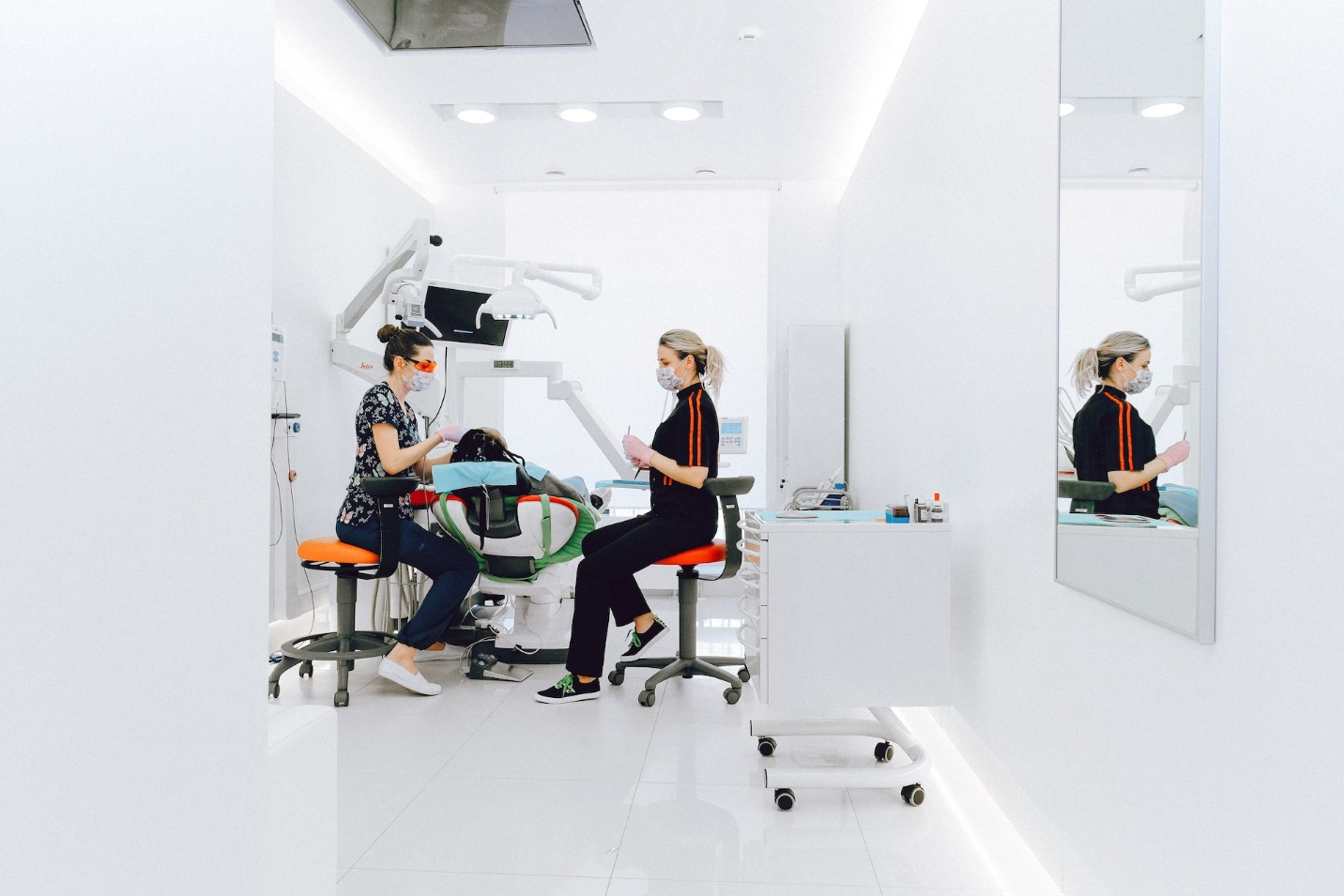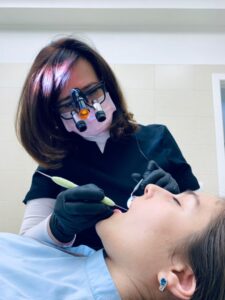Recent studies on oral and oropharyngeal cancer in the US have estimated that in 2022, there will be approximately 54,000 cases reported, resulting in 11,230 fatalities. The alarmingly high number of oral cancer diagnoses worldwide has prompted scientists and dental practitioners to increase awareness of this disease and spread awareness of preventative measures.
So if you want to learn more about oral cancer and what preventive measures you can take to avoid it, keep reading to learn what the pros at the General Dentistry Services Calabasas west hills have to say.
What Is Oral Cancer?
Oral cancer is one of the most common types of cancer, which usually affects the mouth and the neck area and is typically diagnosed in people above the age of 60 years. This type of cancer affects the mouth, floor, roof, lips, and oropharynx. Its effects can also extend to the back of the throat and the tonsils.
Oral cancer is curable if it is diagnosed and treated in the early stages. If left untreated oral cancer can spread to other areas of your mouth and body and eventually cause death. A dentist can easily diagnose oral cancer since examining the mouth and lip areas is easy.
According to reports, oral cancer affects males more than females and is usually linked to alcohol or tobacco use. This is why it is recommended that you visit the dentist at least every six months to get dental examinations to ensure you can detect any complications early on and treat them effectively.
Symptoms of Oral Cancer
According to the Dental Treatment Calabasas, ca, here are a few symptoms you must look out for to determine if you might have oral cancer. If you have any of these symptoms, it would be best to head to the dentist immediately.
- Crusty or hard texture, bumps, lumps, swelling, or eroding regions on the gums, lips, cheek, or other locations within the mouth
- Spots inside the mouth that are red, speckled, or white and velvety in texture
- Unexplained oral bleeding
- Sensory loss, numbness, discomfort, or soreness in any part of the mouth, neck, or face that isn’t connected to any other symptoms
- Difficulty moving the tongue or mouth, speaking, having trouble swallowing or eating
- Persistent sore throat, hoarseness, or voice alteration
- Swelling or soreness in the jaw region. You might find it difficult or painful to put in your dentures
- Drastic weight loss
- Recurrent neck, cheek, or mouth sores that bleed often and take longer than two weeks to clear
- A discomfort or sensation of something being stuck in the esophagus
- Recurrent earache
Causes and Preventative Measures for Oral Cancer
- HPV:People with HPV, which is a sexually transmitted illness, are more at risk of developing mouth cancer. The risk is significantly higher for someone with HPV 16 strain, which has been connected to oral malignancies. So if you have HPV, it is best to get regular dental checkups
- Tobacco and alcohol consumption:Tobacco usage increases your likelihood of developing mouth cancer, especially cigarette smoking. Heavy drinking also enhances the risks. The possibility of a person developing oral cancer is increased significantly more if they drink and smoke together. Eliminating alcohol and tobacco consumption can help reduce the chances of developing oral cancer
- Age: Your age also plays a critical factor in oral cancer. Individuals above 60 are more likely to get oral cancer. Getting regular dental checkups can help you avoid getting age-related oral cancer
- UV exposure: Sun exposure has been linked to many different types of cancer, lip cancer. Using sunscreen made specifically for the lips can help avoid the risks of developing lip cancer due to sun exposure
What Can Be Done About Oral Cancer?
The first thing you need to do if you suspect that you have oral cancer and you fit in the categories of people who might be more prone to getting oral cancer, e.g., if you have a history of smoking or alcohol abuse and are 60 years old or above you must head to the dentist for an oral examination.
After examining your mouth, the dentist will let you know if you have oral cancer and advise treatment accordingly. If the diagnosis is positive, the dental health practitioners will run a few tests to determine the type of oral cancer you have and the stage of oral cancer you are in.
According to the type and stage of oral cancer, the dentist will advise a treatment plan to help you fight the illness. Here are a few treatment options your dentist may advise you to treat oral cancer:
- Surgery:Doctors may perform several different surgeries to help treat your cancer. One of these surgeries is Primary tumor surgery which involves a Healthcare provider removing tumors from within your mouth or neck by making an in the affected areas. Glossectomy is another surgical procedure for treating oral cancer involving the total or partial removal of the tongue
- Radiation Therapy:Radiation therapy involves using energy beams to eliminate cancerous cells ad stop their growth. Your doctor may also use radiation therapy in conjunction with other cancer treatments to effectively treat the disease
- Immunotherapy:Immunotherapy involves activating the immune system to attack the illness. In some cases, the therapy is referred to as biological therapy
- Chemotherapy:Chemotherapy involves injecting Anti-cancer medications that fight cancer cells into your body
- Targeted Therapy:Target therapy involves the use of medicines or other compounds to correctly determine and eliminate specific types of cancerous cells in specific targeted areas while leaving healthy cells intact
These treatments can effectively eliminate cancer from a person’s body. However, in some cases, if a person is in the severe stages of oral cancer, their cancer may fail to disappear or reappear after treatment.
Bottom Line
With the growing number of oral cancer diagnoses, it is important to be aware of the causes and preventative measures of oral cancer to reduce your likelihood of developing the disease. Regular dental health checkups ensure you catch oral malignancies in the early stages.
If you live in the west hills area, schedule an appointment with the best dentist near west hills at the West Hills Smiles clinic. We offer other services like professional teeth whitening, west hills, and Cosmetic Dental Services West Hills.




